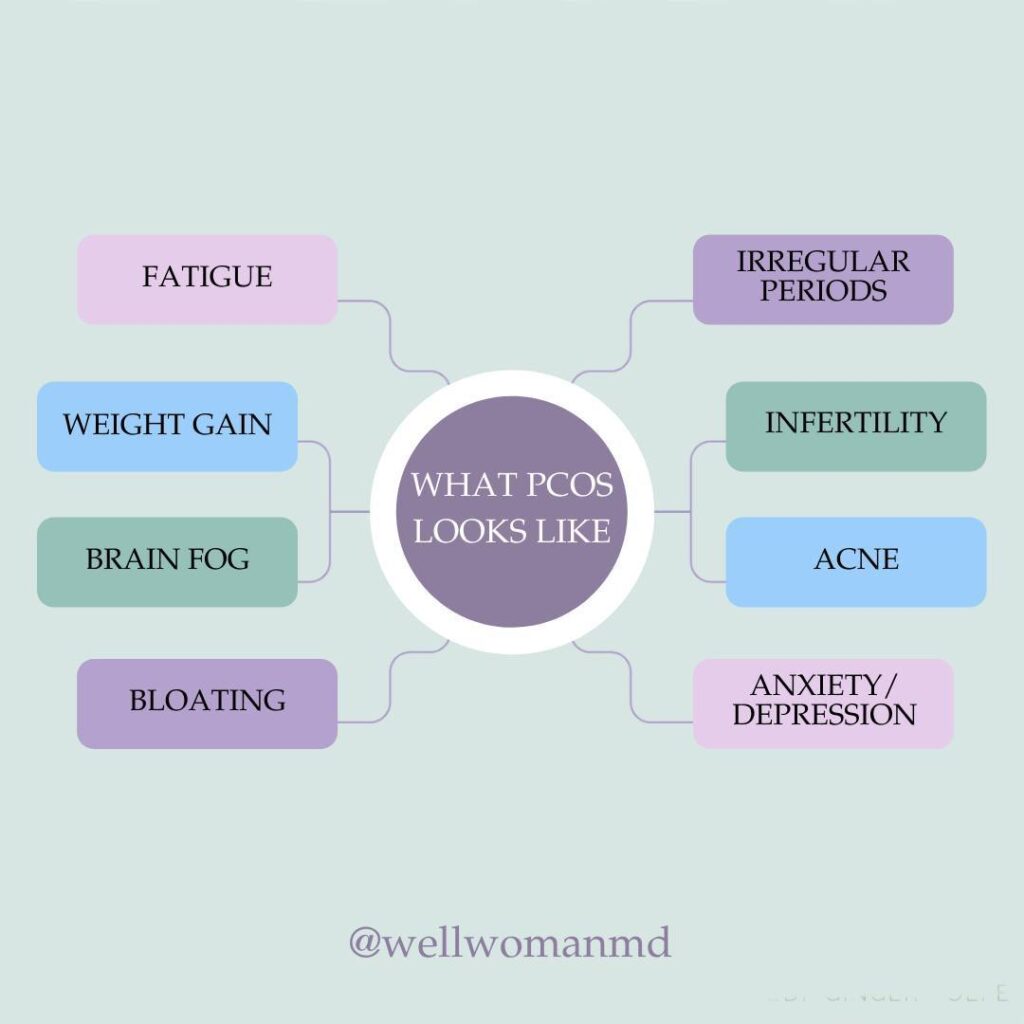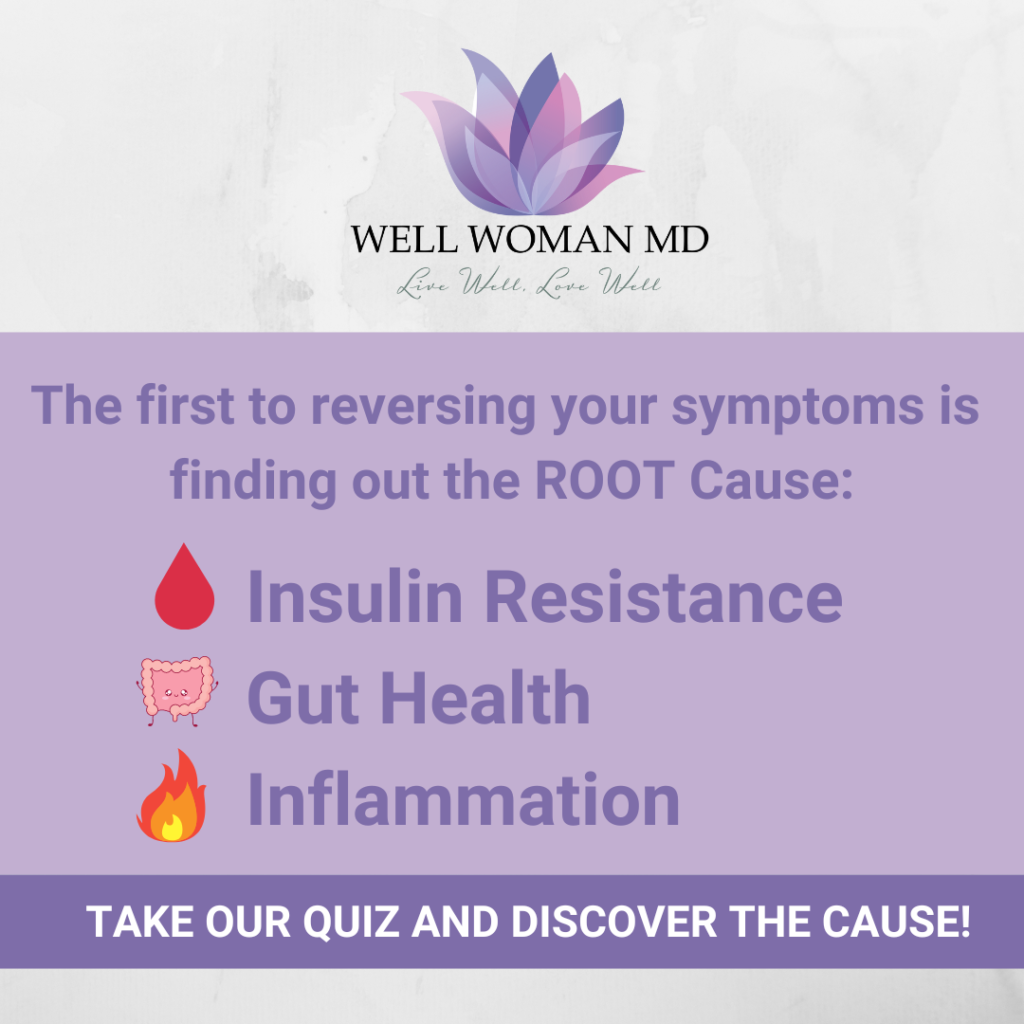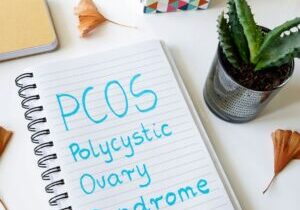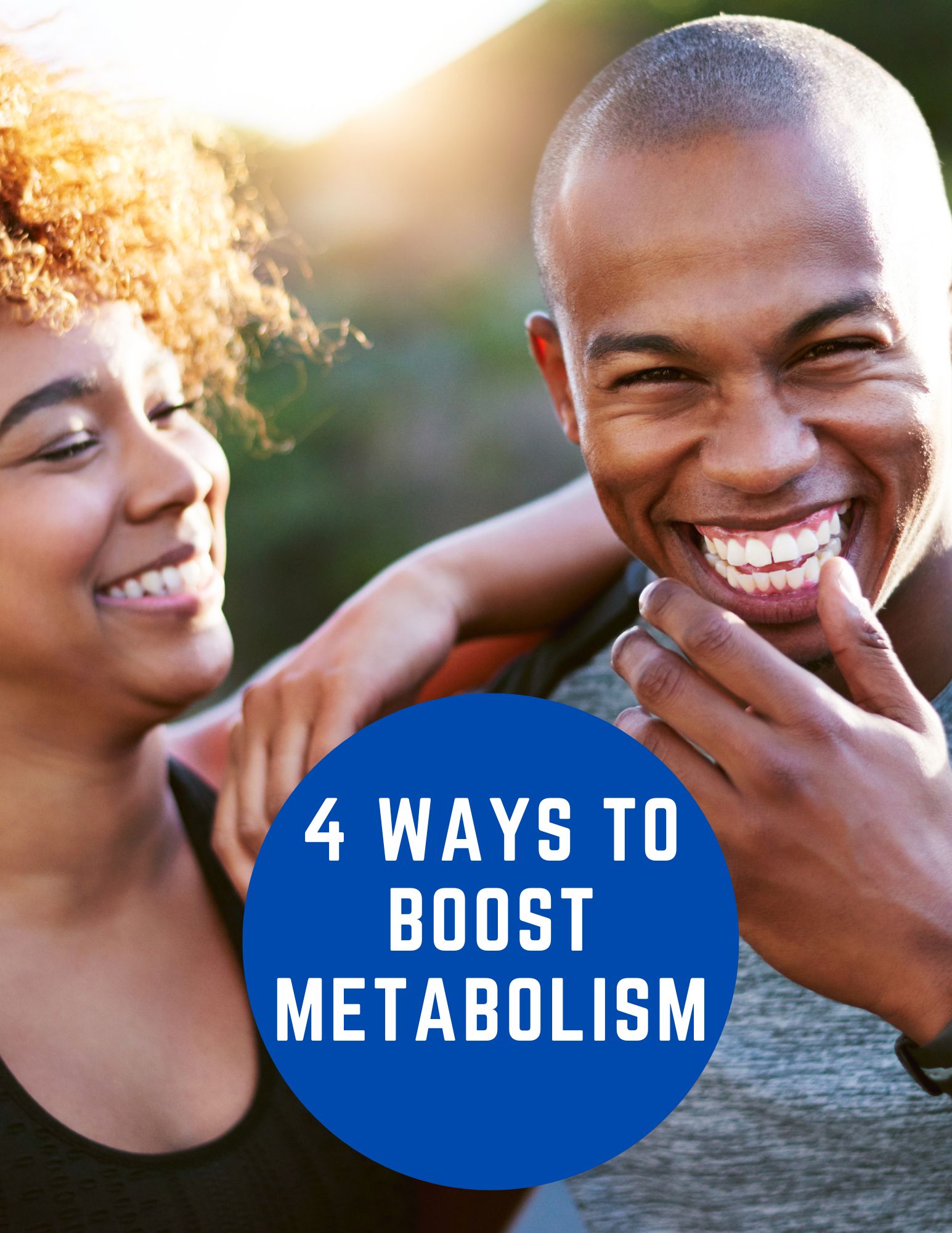At the basic level, the cause of PCOS is a problem with aromatization. Women make estrogens from androgens. The enzyme aromatase converts testosterone to estrogen.
What exactly happens in PCOS to make less estrogen?
The problem is two-fold:
The granulosa cells in the ovary make less aromatase,
Estrogen receptors respond poorly to FSH, the signal that tells the ovaries to make hormones like estrogen, testosterone, and progesterone.
If the ovaries make testosterone, but it can not be converted to estrogen properly and the estrogen made is not being seen by the cells then the body has less estrogen.
Why is this bad?
Estrogen receptors are found in every cell in our body. You have estrogen receptors in your brain, heart, liver, intestine, and on immune system cells. The low estrogen state creates a demand for more testosterone (androgens)
High androgens damage these receptors further.
Low Estrogen + Damaged Receptors====>Worse Symptoms
PCOS Symptoms
Common signs and symptoms of PCOS include:
- Acne
- Irregular Cycles
- PMS/mood issues
- Hair on the chin or belly is called Hirsutism
- Infertility
- Miscarriage
- Borderline Diabetes
- Hair loss/male pattern hair loss
- Cysts on the ovaries

Root Causes of PCOS Symptoms
High androgens cause insulin resistance which leads to inflammation.
Hence the three drivers of most PCOS symptoms. What are these drivers?
There are three drivers.
- Insulin Resistance
- Gut Health
- Inflammation
A Word about PCOS and Genetics
Researchers have not identified a gene for PCOS. But we know that many women with PCOS have diabetes in their families. As well as other women with PCOS. About 40% of women with PCOS have a sister also with the disorder. Even if you do not have a family member with PCOS, there are still risk factors that make it likely that a woman is predisposed to the disorder. Still, something else turns that gene on a diet, environmental toxins, lifestyle habits, and possibly something related to the mother’s health.
PCOS TYPES
It’s important to understand that not all women with PCOS are the same. For example, not all women with PCOS have insulin resistance, and not all women with PCOS have high testosterone. However, 70% of women with PCOS have insulin resistance, even lean PCOS patients.
PCOS Type:
Some conventional and naturopathic doctors use types. I have included information on the types because it is commonly referenced. But I will discuss below why I think addressing the drivers is more important.
CLASSICAL PCOS (Type 1)
This is the most common type of PCOS, accounting for up to 70% of cases. With insulin-resistant PCOS, there is a decreased ability to manage your blood sugar properly. This type of PCOS presents with most classic PCOS symptoms such as anovulatory cycles, excessive hair growth (hirsutism), thinning hair, adult acne, and resistant weight. Women with insulin-resistant PCOS are at increased risk of developing type II diabetes.
**What is seen is clinic evidence of hyperandrogenism, polycystic ovaries, and oligomenorrhea.
High insulin or insulin resistance causes an increase in LH which in turn causes more testosterone and fewer proteins that bind testosterone in the blood. Higher testosterone levels block ovulation.
Lab results were typically seen:
- IR (insulin resistance) levels that are high
- Fasting blood glucose that is elevated
Treatment needs to focus on fixing insulin resistance.
ADRENAL PCOS (Type 2)
This type is less common, with only about 10% of women with PCOS falling into this category. If DHEAS is elevated, testosterone and androstenedione are in the normal range. Insufficient caloric intake, extreme workouts, chronic stress, and cortisol dysregulation are potential drivers of this type of PCOS.
*What is seen is clinic evidence of hyperandrogenism and oligomenorrhea, but not polycystic ovaries on ultrasound.
Lab results were typically seen:
- Elevated DHEA-s
- Total Testosterone
Treatment focuses on Lifestyle Modifications.
INFLAMMATORY PCOS (Type 3)
Some experts refer to this as immune PCOS. While inflammation is involved with other types of PCOS, with this type, inflammation is the primary driver. Chronic inflammation can suppress ovulation and stimulate your ovaries to make more androgens. Inflammation might include digestive issues like IBS, brain fog, fatigue, headaches, joint pain, skin conditions like eczema or psoriasis, and food intolerance. Women with this PCOS often have infections, thyroid imbalances, leaky gut, or gluten intolerance. According to some PCOS experts, women with a family history of autoimmune disorders may be at higher risk for inflammatory PCOS [3].
Lab results were typically seen:
- Elevated C-reactive protein (CRP)
NON-ANDROGENIC (TYPE 4)
This type is less common; it is what we often refer to as “skinny PCOS.” No hyperandrogenism but oligomenorrhea and polycystic ovaries on ultrasound.
Labs can look normal.
Treatment involves cycle-syncing diet and lifestyle modifications. As well as supplements. Infertility is relatively standard.
Why Drivers are more relevant than types.
There are so many symptoms of PCOS. And women change throughout their lifetime, and their symptoms change as well. I do not think it makes sense to put women in a “type.” There are three main drivers of PCOS symptoms. But many women have a combination of more than one. And these can change throughout your lifetime.
- Insulin Resistance
- Gut Health
- Inflammation
Ask your doctor for testing to discover all potential drivers that could be the root cause of your PCOS.
LAB TESTS TO FIND THE ROOT CAUSE
| Basic Hormones | Insulin Resistance | Thyroid Hormones | Inflammation | Micro |
| Testosterone DHEAS Luteinizing hormone Follicle-stimulating hormone Progesterone Estrogen |
Fasting Insulin fasting glucose Insulin Assay |
TSH Free T4 and Free T3 Thyroglobulin antibodies Thyroid peroxidase antibodies |
C-Reactive Protein (CRP) | Vitamin D-25-hydroxy B-12 Iron Ferritin |
Not sure which is driving your PCOS symptoms? Take my FREE QUIZ to find out.

[1] Assessing C reactive protein/albumin ratio as a new biomarker for polycystic ovary syndrome: a case-control study of women from Bahraini medical clinics – PubMed (nih.gov)
[2] https://www.larabriden.com/4-types-of-pcos-a-flowchart/
[3] https://www.womenshealth.gov/a-z-topics/polycystic-ovary-syndrome



